Plot-twists are intended to evoke surprise and shock in viewers and cinema has had a great history with plot-twists. Right from the times of Alfred Hitchcock and Roman Polanksi to David Fincher and Christopher Nolan, plot-twists have often struck the right notes. But sometimes, they are used for mere plot-convolution and come off as extremely forced and painfully contrived. This article attempts to dissect movies with the most ludicrous plot-twists that left us in fuming disbelief. These are blatantly contrived twist endings that ruined potentially great movies and hardly do anything to lift the story. Also the numbers here do not reflect any kind of ranking of the films. So with everything said now, let me take you to a list of decent movies that got ruined by worst movie endings:
15. Savages (2012)

Oliver Stone has never been the most consistent filmmaker and has often been at the helm of numerous colossal cinematic disappointments. ‘Savages’, however, had all the ingredients of a near-perfect crime drama and has one of the more brutal finishes you’ll ever see to a film. But an infuriating use of the old deus ex machina device in the climax hampers the film from a potential brilliance. In the final scene, it is shown that the death of the main characters in the film has never really happened and it was all just Ophelia’s nightmare. The climax rewinds itself and we are revealed that the main characters have all survived, making you go WTF after the credits have rolled out.
14. Planet of the Apes (2001)
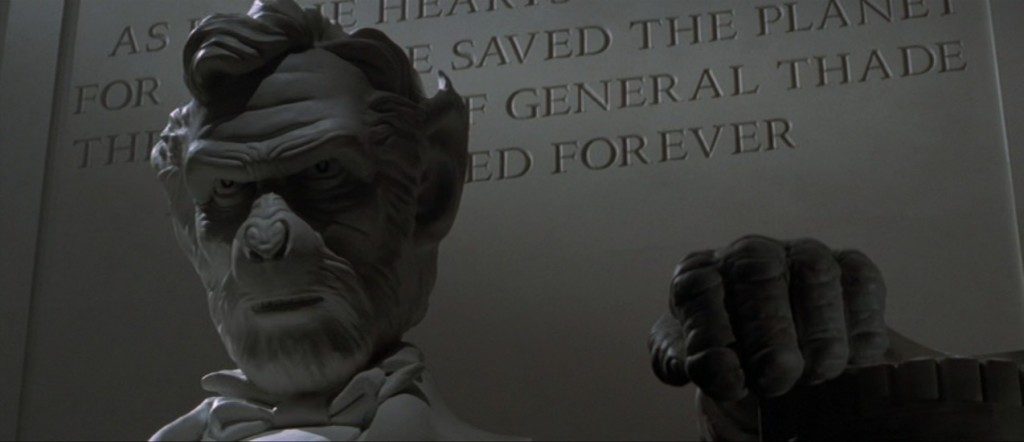
Tim Burton’s infamous sci-fi travesty was indeed an obvious pick for the list. Based on the 1968 film of the same name, ‘Planet of the Apes’ depicts the story of an astronaut who happens to land on a planet where apes rule human beings. He takes help of one of the apes named Ari in order to revolt against the forces. The film features one of the worst uses of open endings as we see Mark Wahlberg travel back in time, crash landing in front of the Abraham Lincoln monument in Washington D.C only to realise later that it has been replaced by the most evil ape he just defeated, presumably in the future. A team of reporters, police offers arrive at the scene, all of whom are turned into apes, as Wahlberg looks on puzzled and perplexed at what has just happened. The lame writing leaves absolutely no space for any plausible explanations of the events that have taken place in the final 110-15 minutes and we are just left as baffled and frustrated as Wahlberg in the final scene.
13. High Tension (2003)
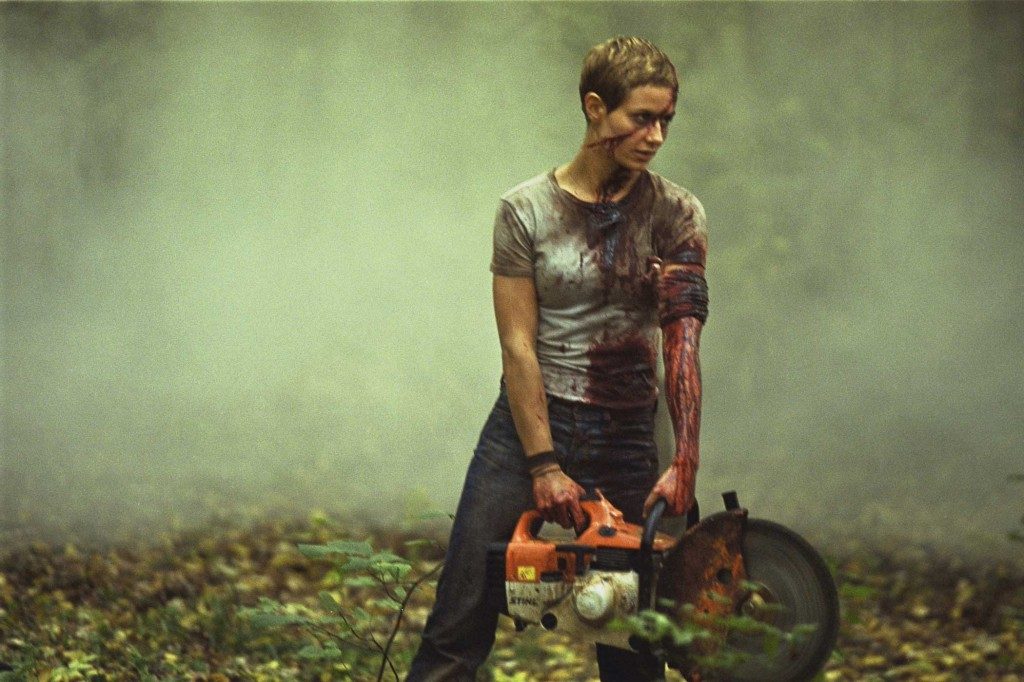
Part of the New French Extremity movement, Alexandre Aja’s ‘High Tension’ is an intensely bold, audacious film that kills itself with an ending which freezes you in utter disbelief and anger. ‘High Tension’ tells the story of two women who are being hunted by a brutal psychopathic killer. There are scenes of gore intended purely for the purpose of shock value rather than trying evoke any kind of meaningful provocation in us but the film could have been a lot better if not for that bland, predictable climax which reveals that one of the women has been the killer all along and it seems the truck driving psychopath was her alter ego.
12. Forgotten (2004)
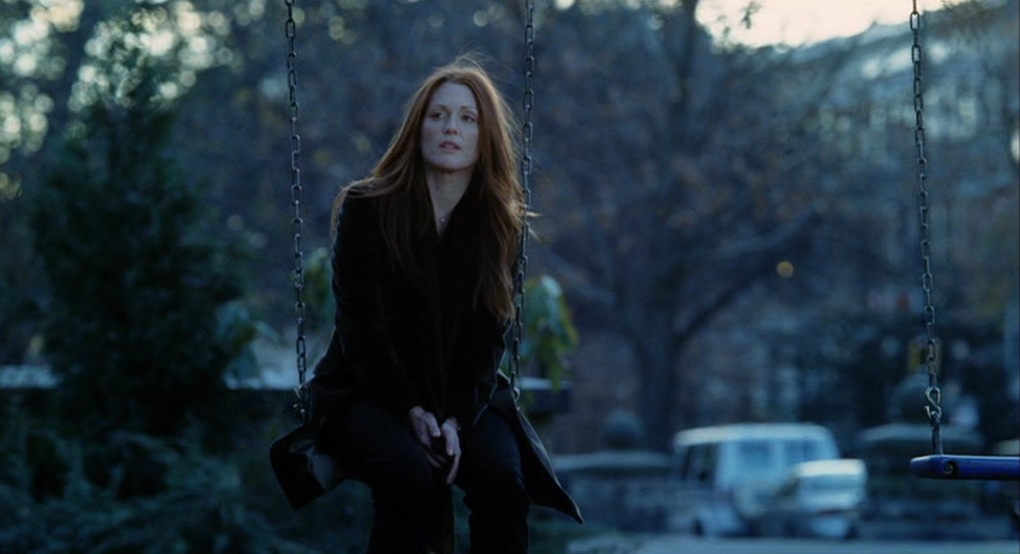
Julianne Moore as a mentally disturbed woman is perhaps the only saving grace in ‘The Forgotten’ but even her fine acting chops couldn’t salvage the film from its lazily written plot-twist that so conveniently wraps things up in a blatant movie to dumb its viewers down. With a decently sketched out plot of a woman who thinks her son got killed in a plane crash but is shocked when her psychiatrist and her husband reveal that she never had a son. She is determined to prove them wrong and in the process finds out that aliens kidnapped her kid. Apparently, it turns out to be an experiment to study and test the limitations and powers of maternal love which eventually fails as Moore gets back to her normal life and is happily reunited with her kid and her friend who watches his daughter play. Yes, it’s just as bad on-screen as it is on paper.
11. Signs (2002)
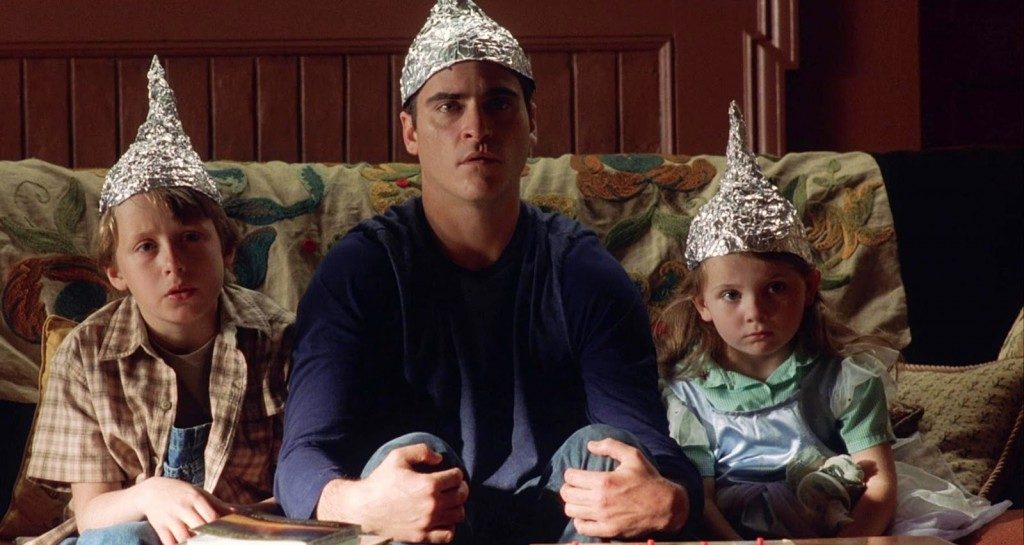
One of the earliest signs of M. Night Shyamalan’s famous twist fetish turning into nothing more than just a mere obsession. However, when you look back ‘Signs’ comes off as one of the director’s better films and might just be his best work since ‘The Sixth Sense’. And yet the film suffers from all the typical Shyamalan symptoms that, in retrospect, plague even his best films. ‘Signs’ depicts the story of a family who suspects alien activities after discovering a series of crop circles in their cornfield. The film kicks off as an intriguing atmospheric mystery thriller only to be wrecked by a lazy ending which reveals that the Aliens were allergic to water. It just feels ridiculous and humiliating to think that these seemingly powerful and intelligent aliens would target a planet covered in three fourths of water.
10. Now You See Me (2013)
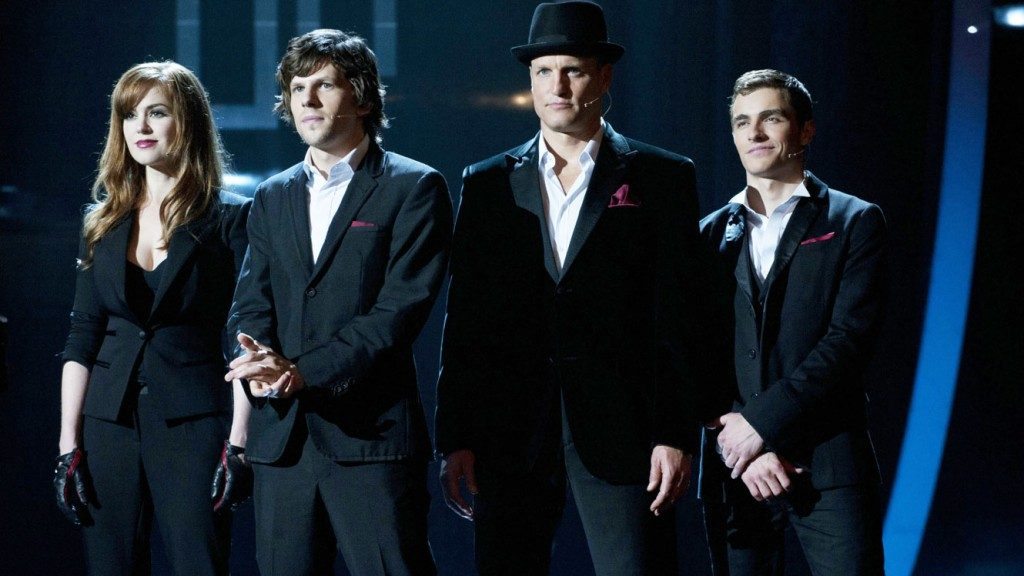
‘Now You See Me’ is, by no means, an amazing film. But with a little more thought into the logic and consistency of its plot-lines, would have surely turned this laughable mess of a film into a thoroughly entertaining affair. One of the biggest issues the film faces is its unwillingness to take itself seriously and this extends to the final twist when we are revealed that agent FBI agent Dylan has been the Fifth Horsemen all along and was the mastermind orchestrating the entire set of events. It’s such a predictable twist when viewed in the context of the film and yet comes off as downright silly and ridiculous when you sit back and think for a moment that four youngsters and an FBI agent could fool an entire system and more so when you dissect the infinite number of plot-holes that creep in the more you think about the film.
9. Identity (2003)
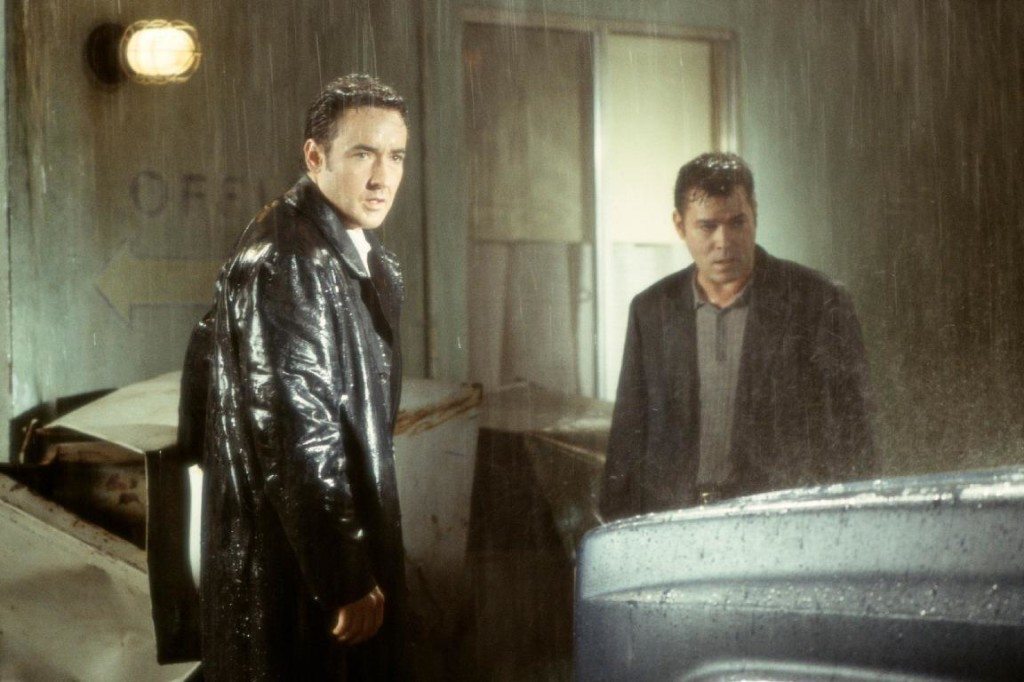
Well, talk about an anticlimax. ‘Identity’ follows a classic Hollywood psycho-thriller plot that has a group of strangers who come across each other on a rainy night and soon realise they are all being killed one after the another. With a creepy atmospheric setting and fairly engaging plot-line, the film could have easily lifted off its potential if not for that incredible ending which reveals that the entire series of happenings take place in the mind of a man who looks to eliminate the various facets of his personality. And the characters we are presented in the film are just different sides of his own character. It’s just the kind of ending that makes you stop taking the film seriously.
8. The Village (2004)
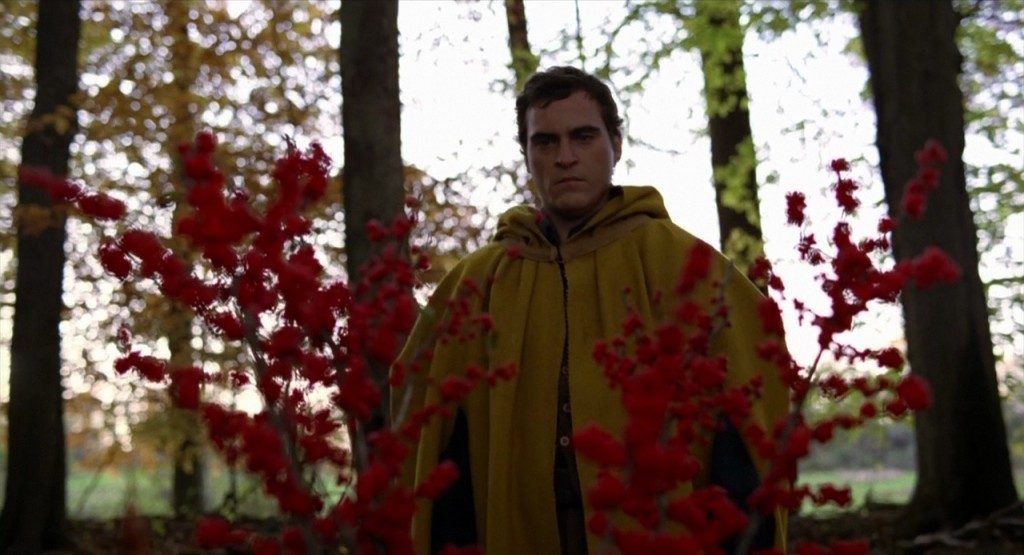
As part of my research for this article, I re-watched ‘The Village’ and found it surprisingly better than what I thought on my first viewing. Shot beautifully with an intriguingly creepy atmosphere, Shyamalan sets the tone for classic psychological horror thriller. But like all M. Night Shyamalan works, this one too isn’t spared from an outrageously terrible plot-twist that just takes us out of the film. ‘The Village’ depicts the lives of a group of people living in an isolated village that has a monster lurking around somewhere. The twist reveals that the monsters aren’t real and the villagers have made up a world for themselves, secluded from the outside world and the story actually takes place in the 21st century unlike what we are initially led to believe which opens up a lot perplexing questions concerning the coherence of the plot-line.
7. The Life of David Gale (2003)
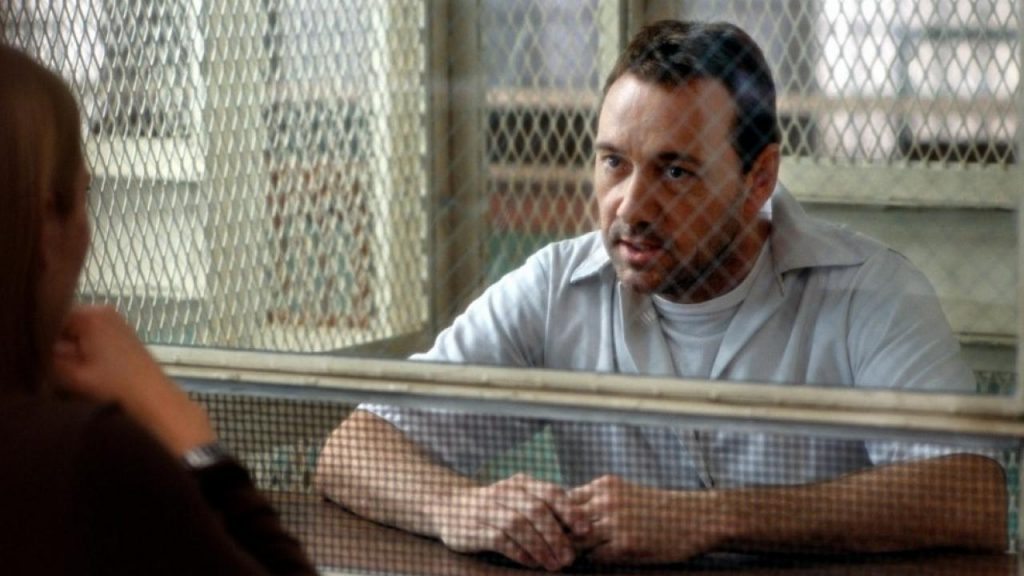
A film with a subject as intriguing and contentious as Death Penalty. A cast that has the likes of Kevin Spacey and Kate Winslet. What could possibly have gone wrong? Well, just about everything you could ever imagine. Kevin Spacey’s character is sentenced to death for a murder and a journalist, played by Winslet, opens up and tries to investigate his case. Towards the end, it is shown that Spacey’s titular character deliberately framed himself for the rape and murder of his friend in order to prove his point on the futility of Death Penalty. Gale orchestrated the entire scene and basically contradicts his own ideologies with his actions and the ending here serves as a perfect example of shocking for the sake of shocking.
6. Stay (2005)
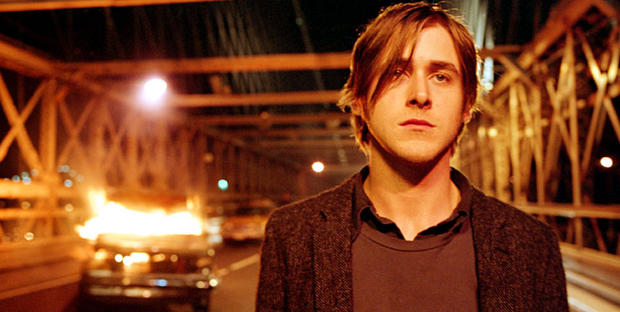
What intrigued me the most about ‘Stay’ is its daring, artsy approach towards its exploration of love, death, dreams and memory. The film centres around a psychiatrist who attempts to prevent one of his patients from committing suicide. His journey embarks as the film takes a bizarre turn of events and twists with absolutely no desire to make any sort of coherence in any of the sequences. And what’s worse? You have a twist that comes and says, “It’s all a dream. And nothing should make sense at all”. ‘Stay’ is an example of an extremely well made film too caught up in its own world and does not leave spaces for its audiences to breath in, leaving them on a furiously disappointing note.
5. Primal Fear (1996)
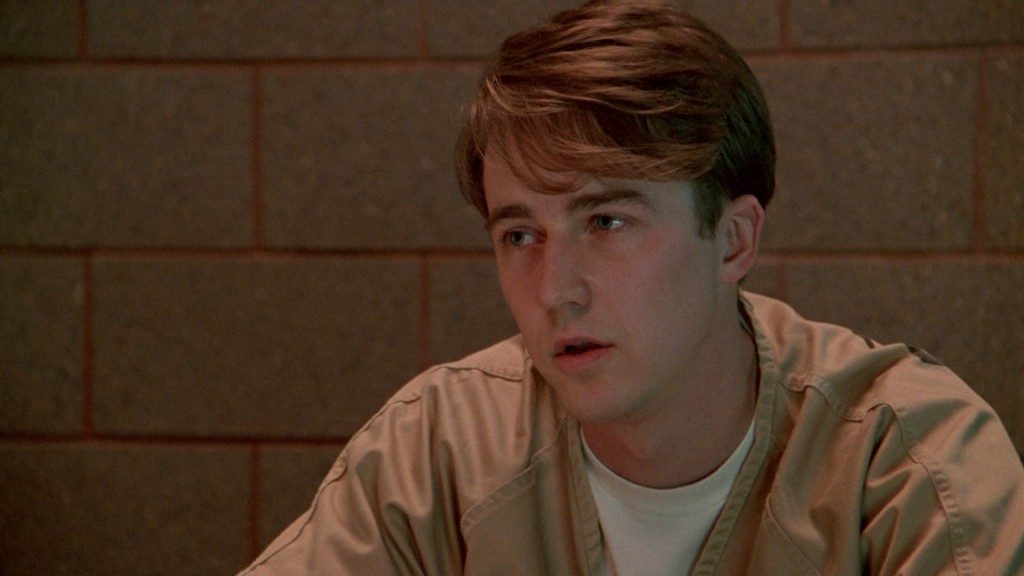
The main reason why ‘Primal Fear’ still works so well is Edward Norton’s explosive debut performance that very nearly turns the film into a genre classic. Norton plays Aaron Stampler, a stammering, young man who is accused of murdering a priest. A highly influential lawyer takes up his case and wins it as Stampler is found to be not guilty by reason of insanity. However, the need for a final twist seems completely unwanted in the climax where we are shown that Stampler had been faking multiple personality disorder and has been tricking the lawyer all along to get off the case. It’s a lot more contrived than what it seems when you think how a lawyer as smart, experienced and influential as Martin Veil fails to expose Stampler’s past life or a such a high profile case that has grabbed the attention of the general public and the media, failed to bring people from Stampler’s past life on to the public.
4. The Devil’s Advocate (1997)
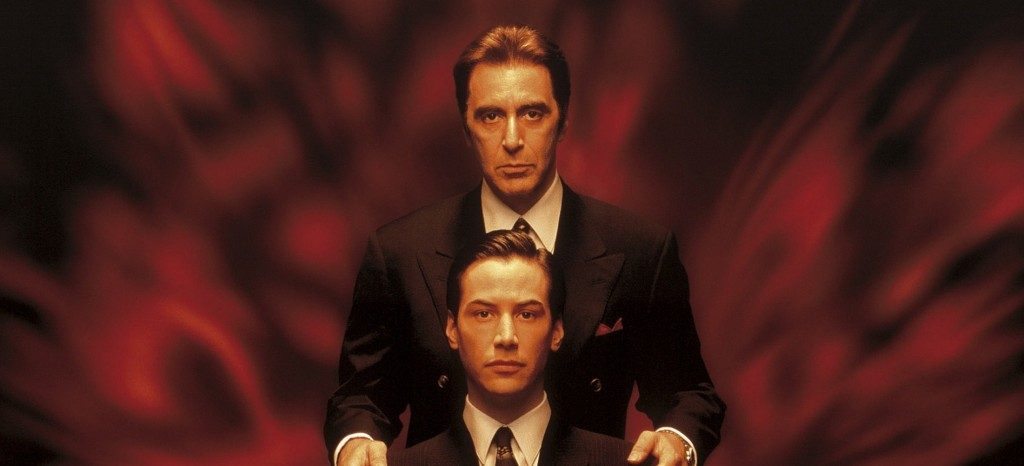
‘The Devil’s Advocate’ could have turned out to be an enticing morality play of greed, power and ambition but it falters and slips into places it could never recover from. What starts off as an intriguing psychological character study takes a laughable turn as a supernatural thriller towards its end and suddenly the plot-lines seem increasingly forced and out of place only to be further worsened by the closing scene where we are revealed that Keanu Reeves’ character was dreaming the entire film and is still in the court, torn between making a decision. He makes the “right” decision, walks off with his wife as a reporter requests him for an interview to which he agrees. Once the couple leave, the reporter is hilariously transformed into Al Pacino’s character as he finishes off, quoting himself saying, “Vanity is my favourite sin.”
3. Saw (2004)
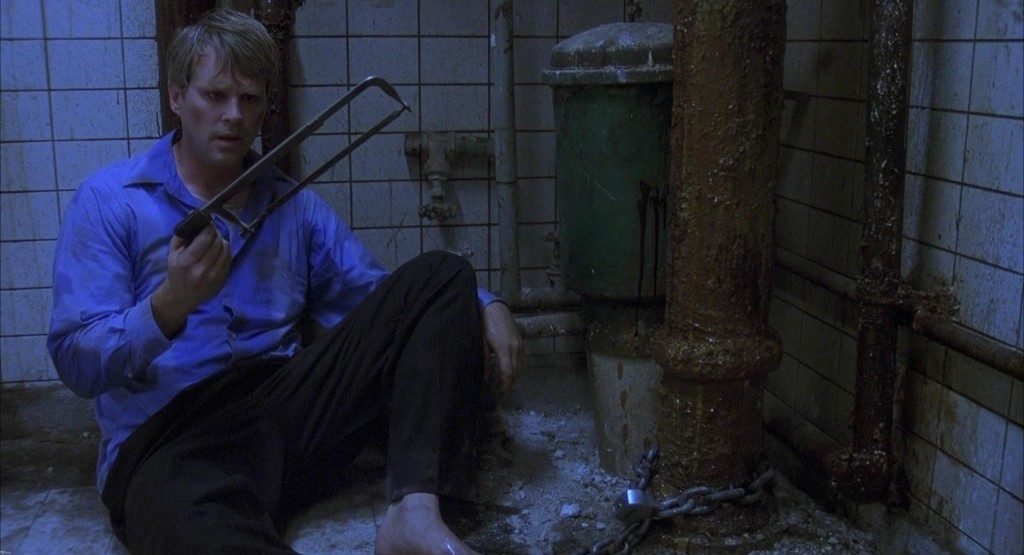
Almost the entire plot-line of ‘Saw’ is cinematic deception at its best. But there’s no denying that it’s a compelling horror that snatches your attention for the most part. However, the film gives itself up and very nearly dumbs you down with a final twist that could have you scratching your heads, wondering about the numerous plot holes it so badly exposes. The film opens with two men tied in chains with a corpse in between them. Apparently they are targets of a brutal psychopathic killer, named Jigsaw and in the end we are revealed that the dead body in between them is the psychopath who held them captive. He wakes up, seals the door and leaves the remaining man to die in the room. It’s ridiculous to think that Jigsaw wouldn’t have moved an inch of his body all the time and the two men failing to notice it.
2. The Dark Knight Rises (2012)
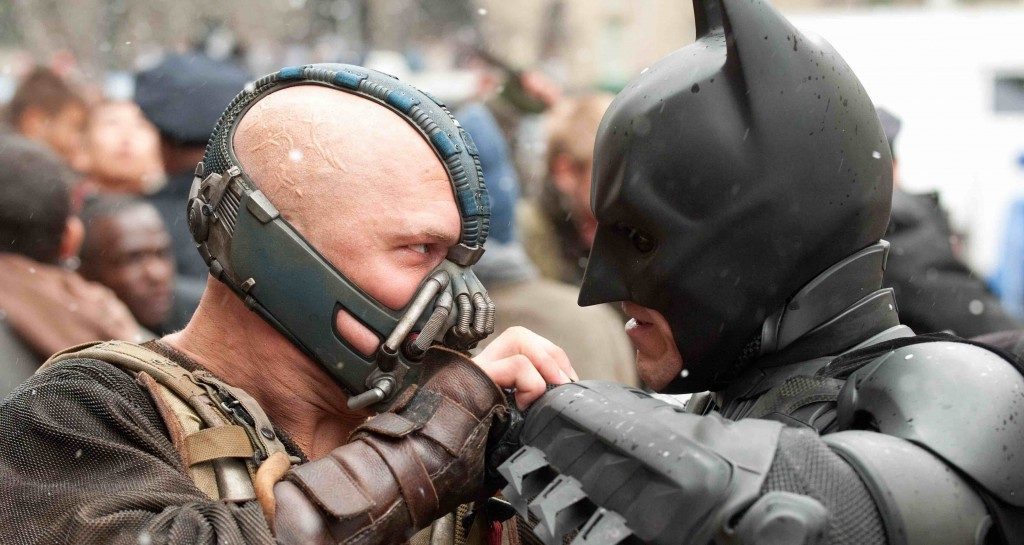
This is something I’m sure a lot of Nolanites would vehemently disagree with but let’s face it, ‘The Dark Knight Rises’ is Christopher Nolan’s weakest film and is a thoroughly bloated mess of convoluted plot-lines and a twist that barely adds anything up to the story. In a supposedly shocking finale, Talia is revealed to be Ra’s al Ghul’s daughter — Bane is her protector — and has been planning revenge on Bruce. Nolan’s weaknesses as a writer are exposed most in this film and more particularly in this scene as there’s hardly any character development done on Talia so as to pack an intense punchy twist that shocks the audience and is quite a predictable twist for a film of such vision and ambition.
1. The Game (1997)
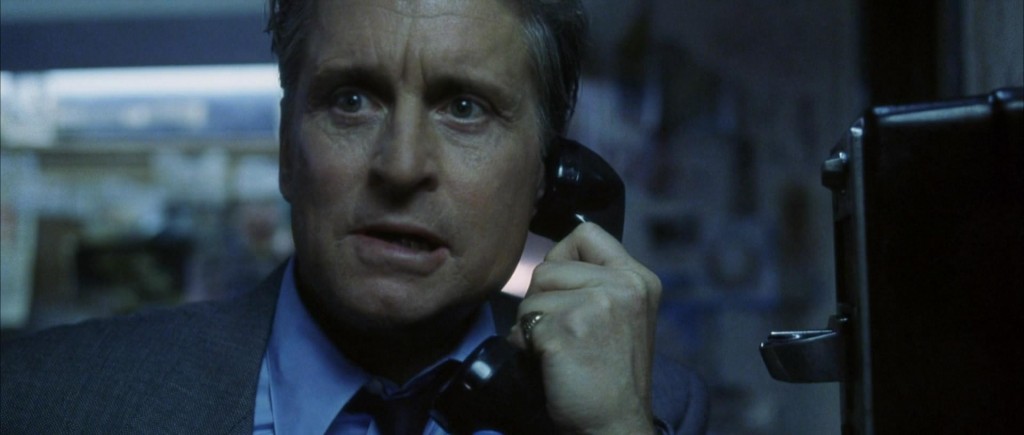
Few filmmakers have been as clinical and edgy as David Fincher when it comes to tackling the thriller genre. Over the years, Fincher has produced some of the finest films from this genre and continues to be extremely bold, intriguing and daring with regards to his choice of subjects. His 1997 psychological thriller, ‘The Game’, however, was a bit of a misfire. The film tells the story of a banker who receives a strange gift from his brother and gets entangled in a series of frightening events that change his life forever. The film starts out as a well-paced, engaging psychological thriller but gets way too caught up in itself with an alternate reality twist that feels frustratingly out of place and contrived for a film that could well have turned out to be a classic with a level of boldness that even rivals some of the filmmaker’s most acclaimed works.
Read More: Best Movie Endings

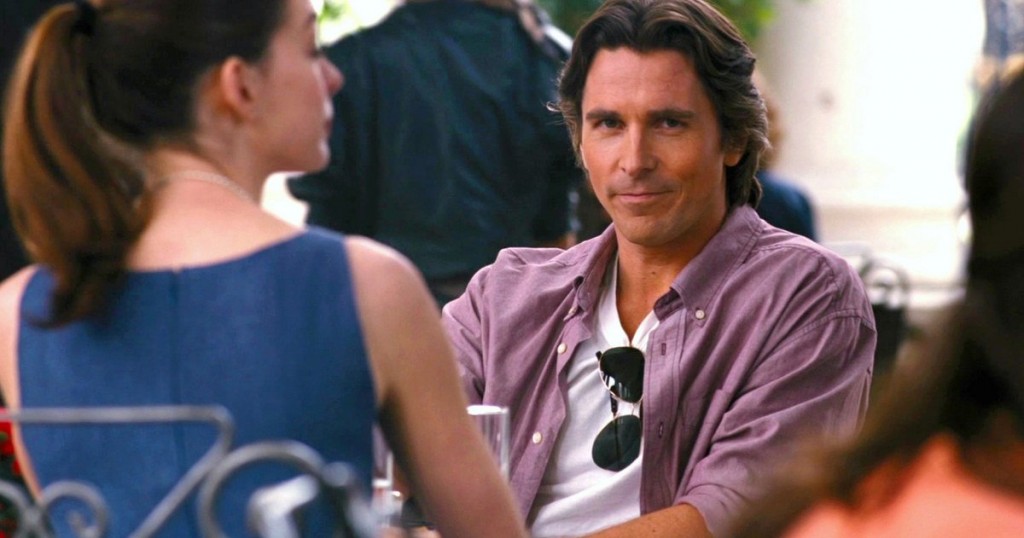
You must be logged in to post a comment.